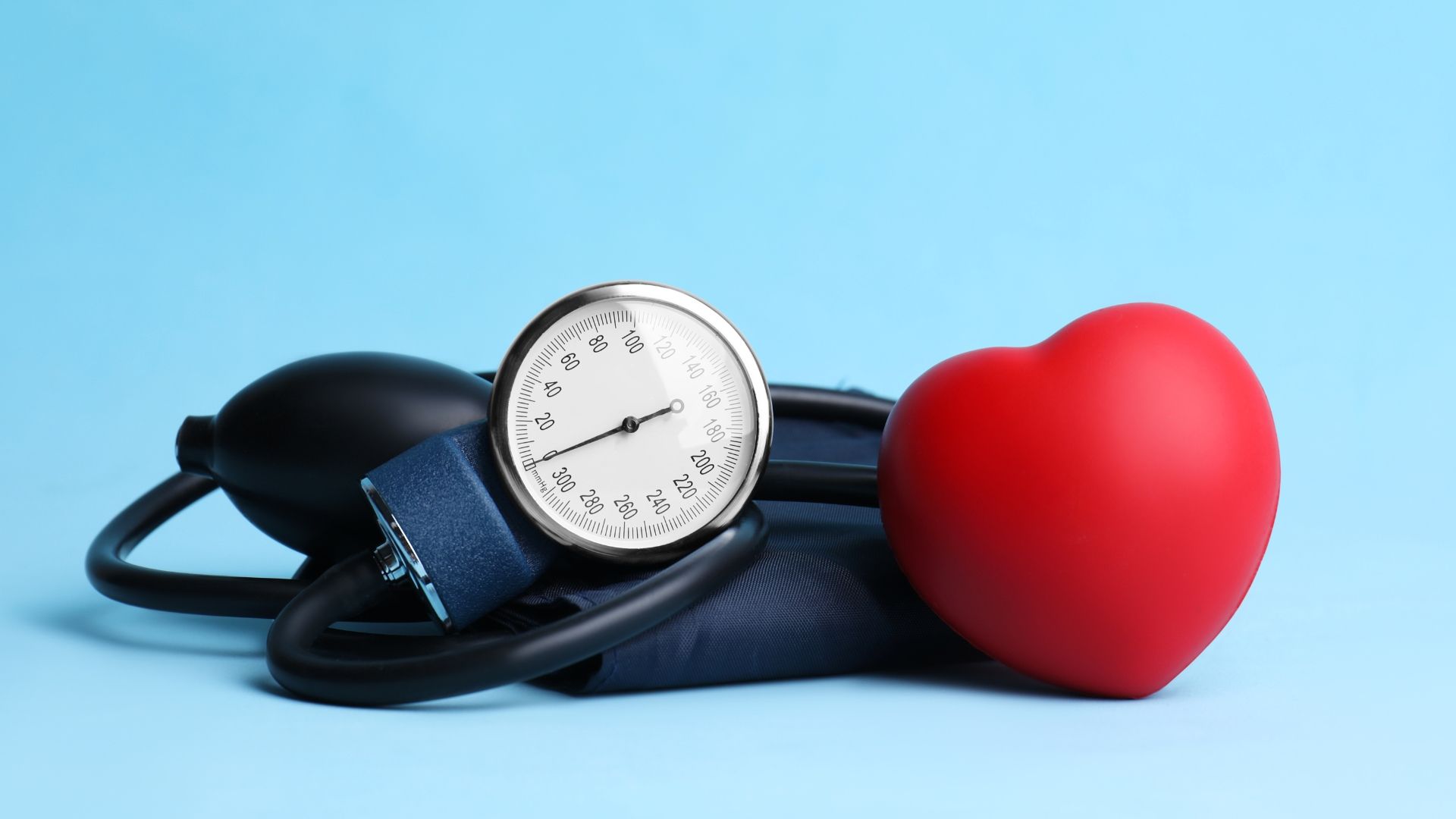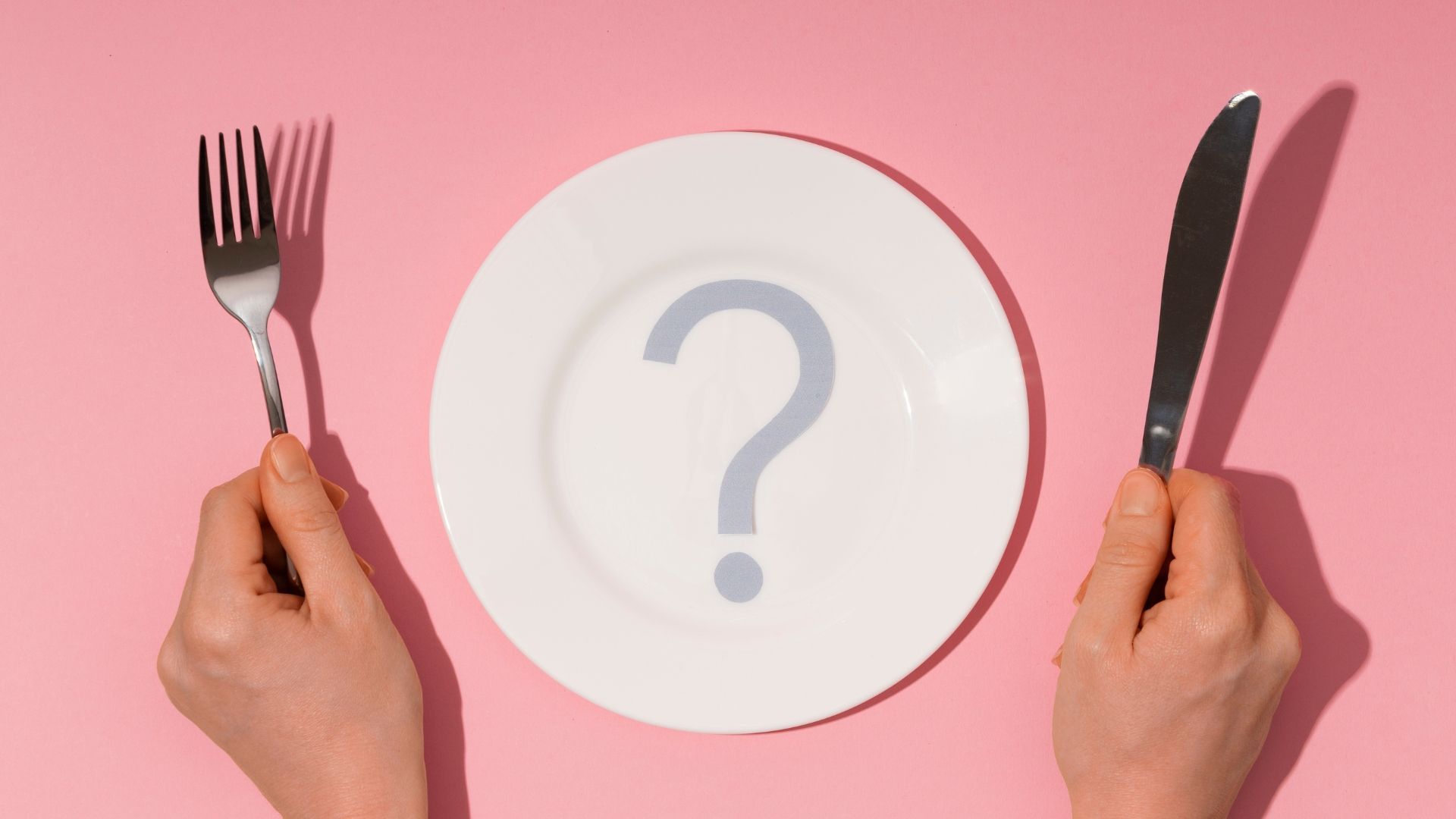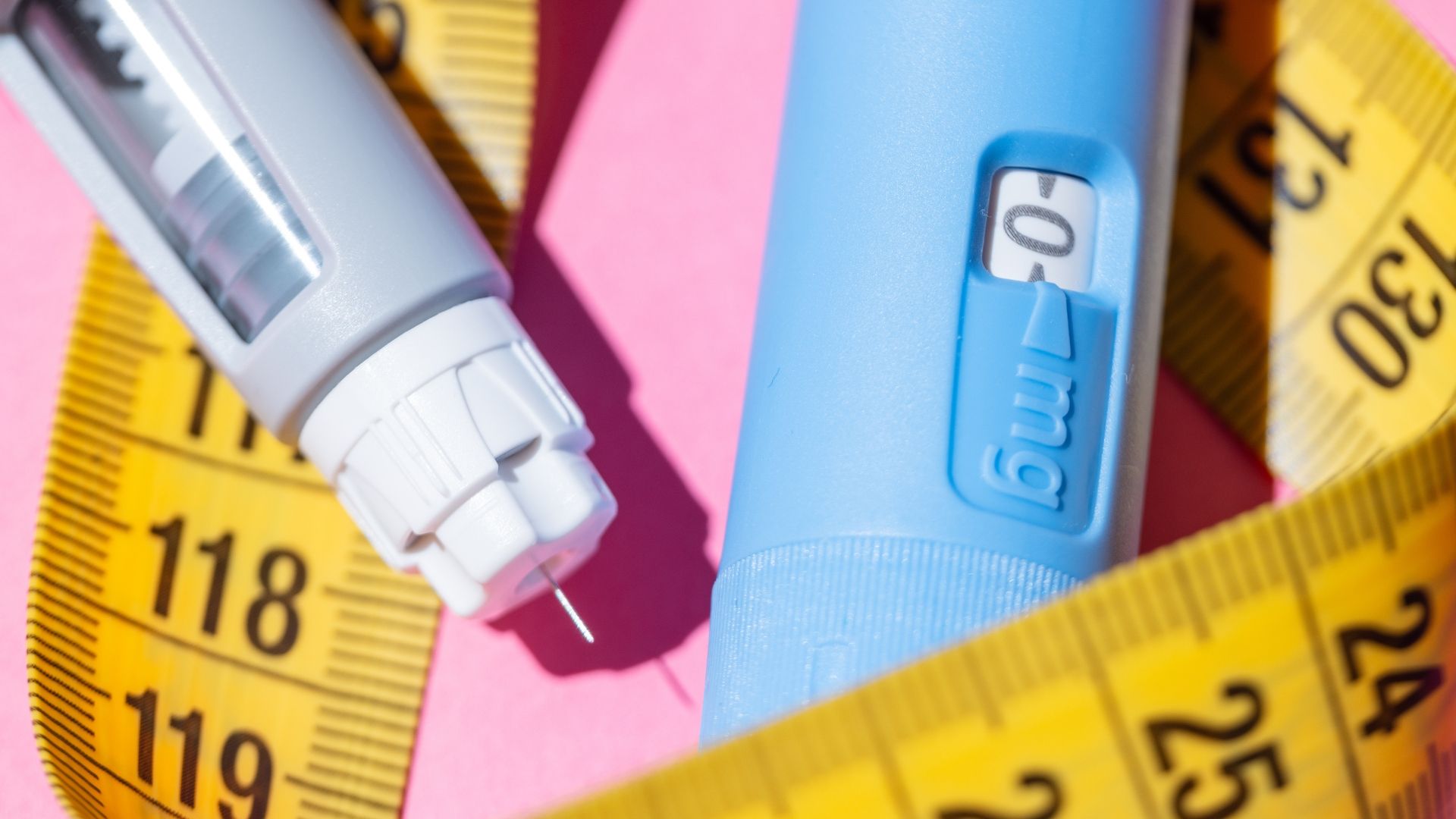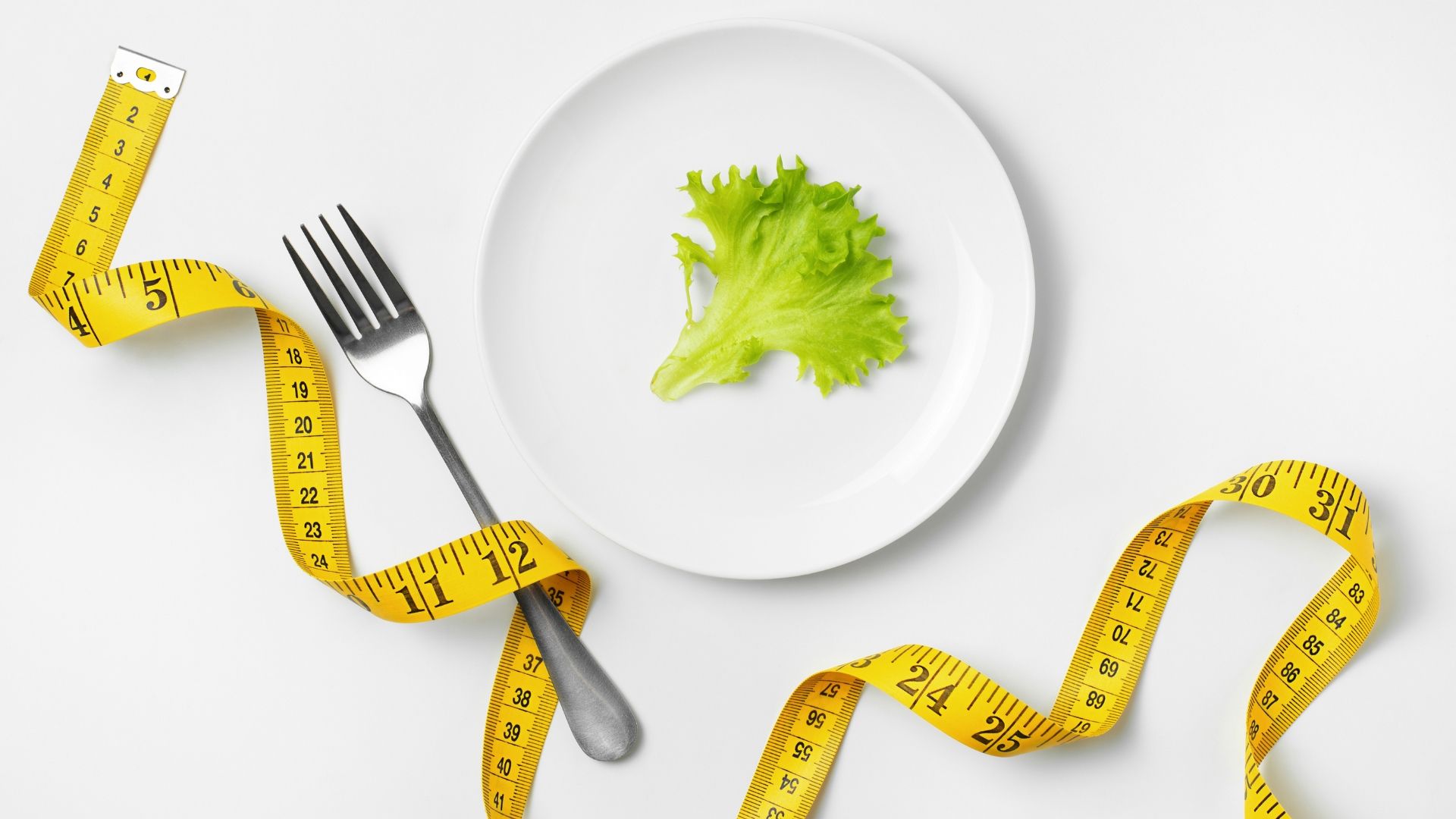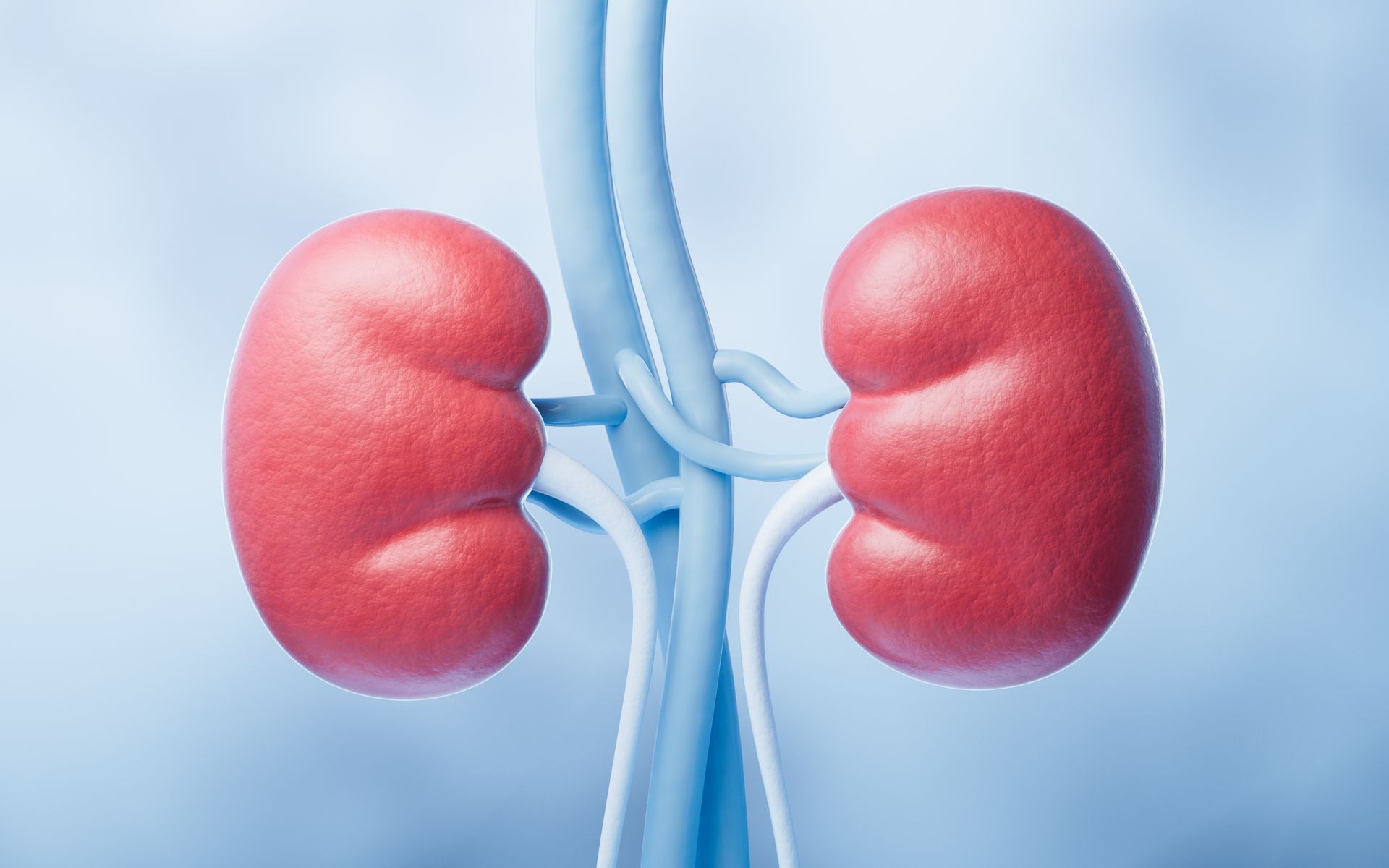What makes a good weight loss programme for women?
Ready to start your weight loss journey? Download the free SemaPen app and find out if you're eligible in minutes.
Need a good weight loss programme for women? Explore your options, from DIY weight loss to clinically proven drugs like Wegovy and Mounjaro.
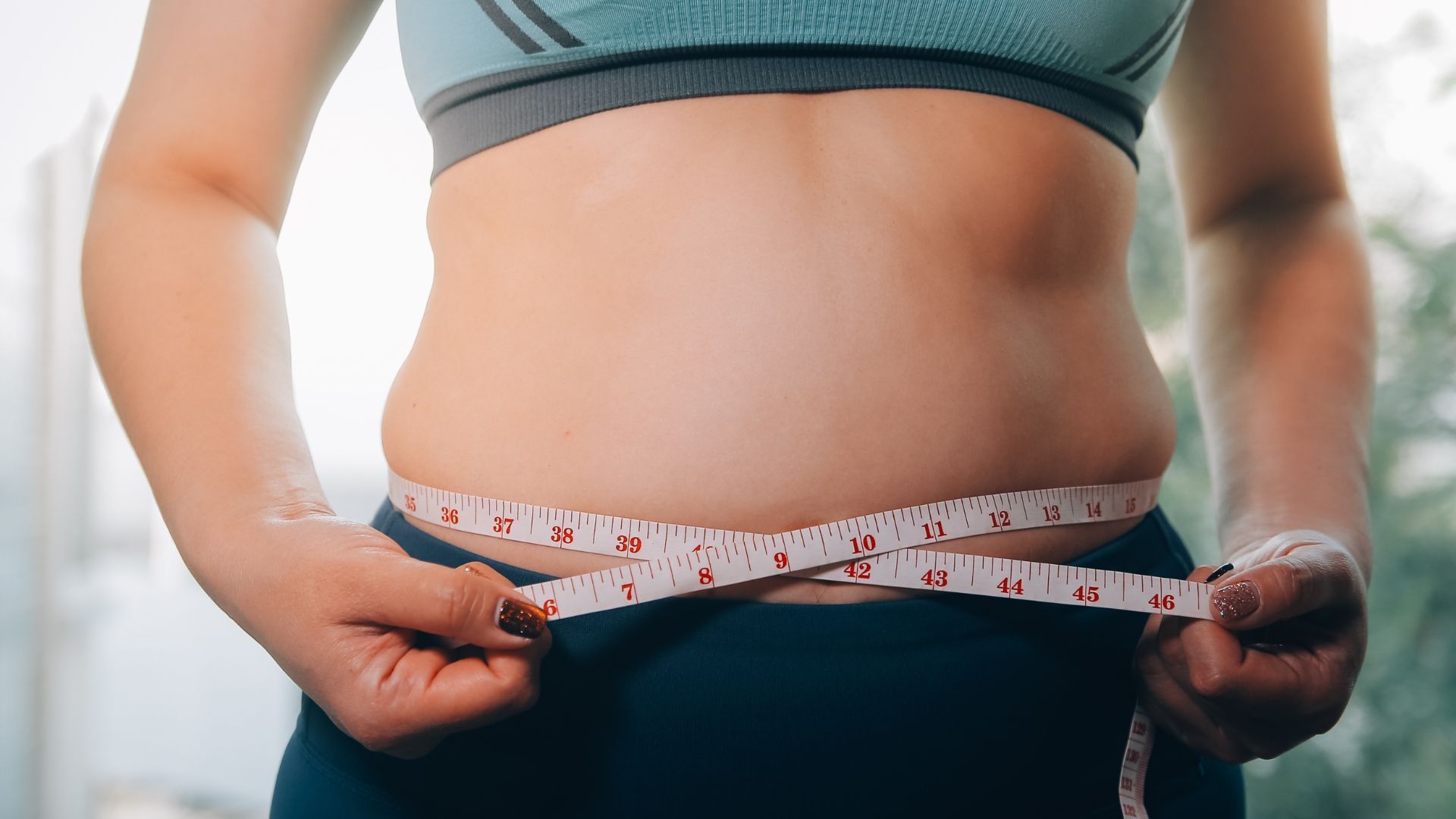
It's not always easy to find good weight loss programmes for women. Apps, meal plans, gym challenges and prescription treatments all claim to be the big new thing for women's weight loss – and advice often conflicts wildly.
The important thing to know is that biological and lifestyle factors can influence how women lose weight. Understanding those factors can help you discover the sort of programme that will work for you.
Let's take a look at the science and run through some of the best weight loss plans for women.
Why women lose weight differently from men
Hormones play a big part in appetite, fat storage and metabolism. Oestrogen and progesterone fluctuate across the menstrual cycle and change again during pregnancy, perimenopause and menopause.
For women and people assigned female at birth, these changes can affect how hungry you feel and where you store fat – especially around the waist. Thyroid function, your contraception choices and some common medicines can also influence your weight.
Women typically have slightly less muscle and a lower resting metabolic rate than men of the same age and size, meaning they burn fewer calories at rest. They also tend to feel hungrier during their period, often opting for high-calorie snacks to stave off the hunger pangs.
After pregnancy, a woman's body needs to recover. But at the same time, a lack of sleep and the pressures of looking after children can make healthy eating and exercise more difficult.
And during perimenopause, falling oestrogen encourages fat gain around the waist and can reduce insulin sensitivity.
Because of these differences, the best weight loss plans for women rarely revolve around a single rule, such as 'eat less and move more'. A more holistic approach is needed.
What belongs in a good weight loss programme for women?
A good weight loss programme for women should begin with carefully considering your health and needs.
Reviewing your health history, any medication you're taking, sleep patterns, stress levels and food preferences helps you and your care team set safe, realistic goals.
Here are some good pointers to begin with.
Getting the right nutrition is key
Think high-protein meals with plenty of vegetables, whole grains and healthy fats that can nourish your body while preserving muscle and keeping you feeling fuller for longer.
Exercise plays an important role

Strength training two or three times a week helps protect your bone health and metabolism. And regular cardio, such as walking or cycling, helps keep your heart healthy.
Progress tracking can keep you motivated
Tracking progress is a good way to stay motivated and keep yourself accountable. It's up to you whether you do it with photos, measurements or by tracking weight through an app.
Weight loss isn't the only focus
A good women's weight loss programme must put solid strategies in place for other essential health areas, including stress management and sleep. This is essential for staying on track during the hard days, not just the perfect ones.
Comparing popular weight loss plans
DIY weight loss
Fancy seeing if you can go it alone? If you enjoy cooking and meal planning, it may be worth seeing if you can do it yourself before considering paid options or NHS support. Remember, though: it's always a good idea to visit your GP if you're concerned about your weight.
As a first step, it can be helpful to focus on what you eat and drink.
- Prioritise protein at each meal. Eggs, Greek yoghurt, fish, tofu, chicken, lentils and cottage cheese are all good sources of protein. Aim for 20g to 35g of protein per meal.
- Fill at least half of your plate with vegetables for vitamins, minerals and fibre.
- Choose smart carbohydrates like oats, wholegrain wraps, potatoes, beans or quinoa in portions that make sense for your activity level.
- Try simple batch prepping. For example, you could roast a tray of mixed vegetables or cook a pot of lentil soup to use across several meals.
- Drink plenty of water and avoid calorie-laden drinks.
- Avoid unhealthy snacks and opt for healthier options. How about yoghurt with berries? Hummus with veg sticks? Or a boiled egg or edamame beans?
When you're ready, you can gradually incorporate more and more exercise. That could be walking, swimming, fitness classes or strength training – anything you enjoy doing that gets you moving.
Group programmes
If you value support and structured goals with a healthy dose of accountability, a weight loss group could be for you.
Not all programmes are created equal, though. Choose reputable programmes that emphasise food quality, flexible portions and positive reinforcement rather than guilt.
NHS and clinical services

Women who are living with obesity-related conditions like pre-diabetes, sleep apnoea or joint pain may find NHS-led weight loss routes more helpful. This is because they can incorporate support for these other conditions into your weight loss programme. It's also worth checking if you're eligible for specialist diet support or medical treatment.
Medication-assisted plans
Feel like you've already tried every trick in the book and haven't found a way to lose weight through lifestyle changes alone?
A medically assisted programme, such as one built around GLP-1 injectable weight loss medications, could help give you that push you need to lose weight sustainably.
How can GLP-1 medications help with weight loss?
Injectable GLP-1 medications mimic a natural hormone that affects appetite and blood sugar. This can make it feel easier to eat less without feeling like you're missing out.
The result? Better communication between your brain and gut, which helps you resist food cravings and make healthier choices.
These medications are prescribed alongside lifestyle changes, not instead of them.
Wegovy (semaglutide)
In a large clinical trial, adults taking a weekly 2.4mg dose of semaglutide lost nearly 15% of their body weight on average. Many also improved their blood pressure and cholesterol.¹ The treatment paired the drug with lifestyle changes, such as healthy eating and increased activity.
Mounjaro (tirzepatide)
Tirzepatide acts on both GLP-1 and GIP receptors. In Mounjaro's landmark clinical trial, participants achieved around 21% average weight loss over 72 weeks.² As with Wegovy's trial, the treatment also included positive lifestyle changes.
How SemaPen can help
Are you considering medical support for weight loss? At SemaPen, we provide evidence-based weight loss Programmes for women seeking lasting results.
Our clinical team starts by reviewing your health profile and advises whether GLP-1 treatments such as Wegovy and Mounjaro are suitable. If you get the go-ahead, each step of dosing and monitoring is guided by experienced clinicians.
Our obesity experts will always be on hand to help you with practical, tailored advice. We also check in regularly to help you stay on track and see if your plan needs to be adjusted.
With SemaPen, you'll receive the expert support you need, whenever you need it. Learn more about our
prescription drugs for weight loss or take our
digital consultation to find out if you're eligible today.
Sources
1. Wilding, J.P.H. et al. (2021) "Once-weekly semaglutide in adults with overweight or obesity" The New England Journal of Medicine, 384(11) https://doi.org/10.1056/NEJMoa2032183
2. Jastreboff, A.M. et al. (2022) "Tirzepatide Once Weekly for the Treatment of Obesity" The New England Journal of Medicine, 387(3) https://doi.org/10.1056/NEJMoa2206038
This article was reviewed and approved by Alice Fletcher, Lead Bariatric Dietitian, on 29 September 2025.
- Average 15–21% weight loss
- Trusted programmes built by UK experts
- Personalised advice and support
- Smart weight loss app to track progress and learn positive habits
Your journey starts in the app
Unlock tailored support, weight tracking and more.
1
Download the free app
2
Take your digital consultation
3
Start your programme




